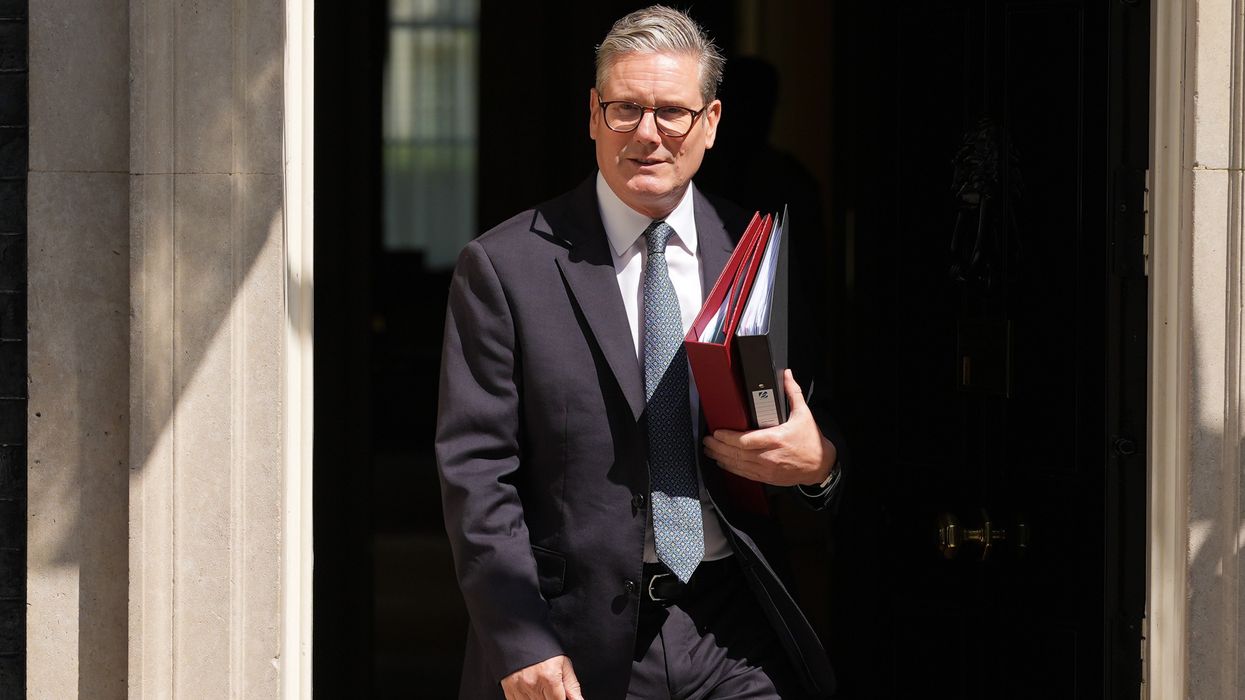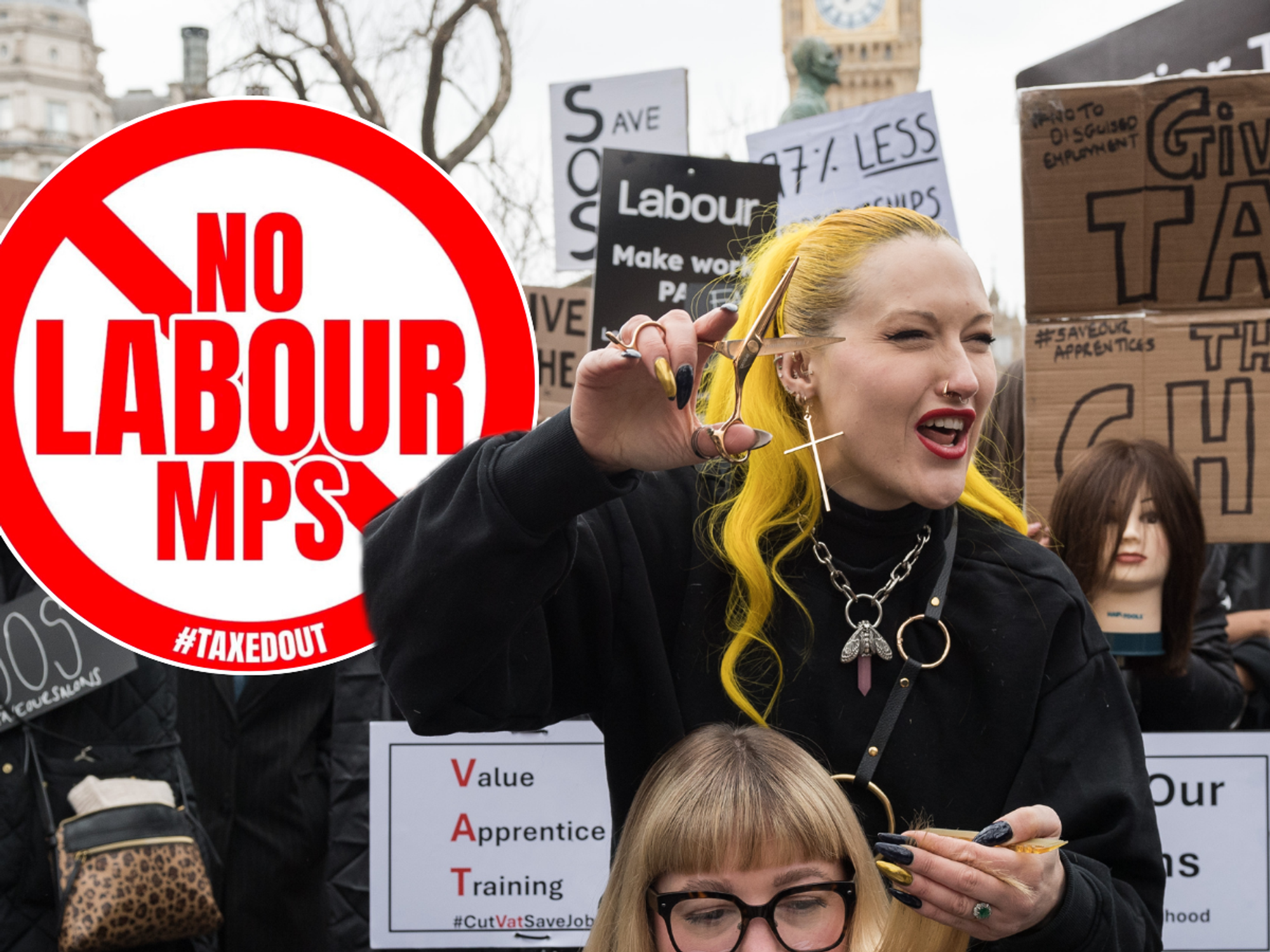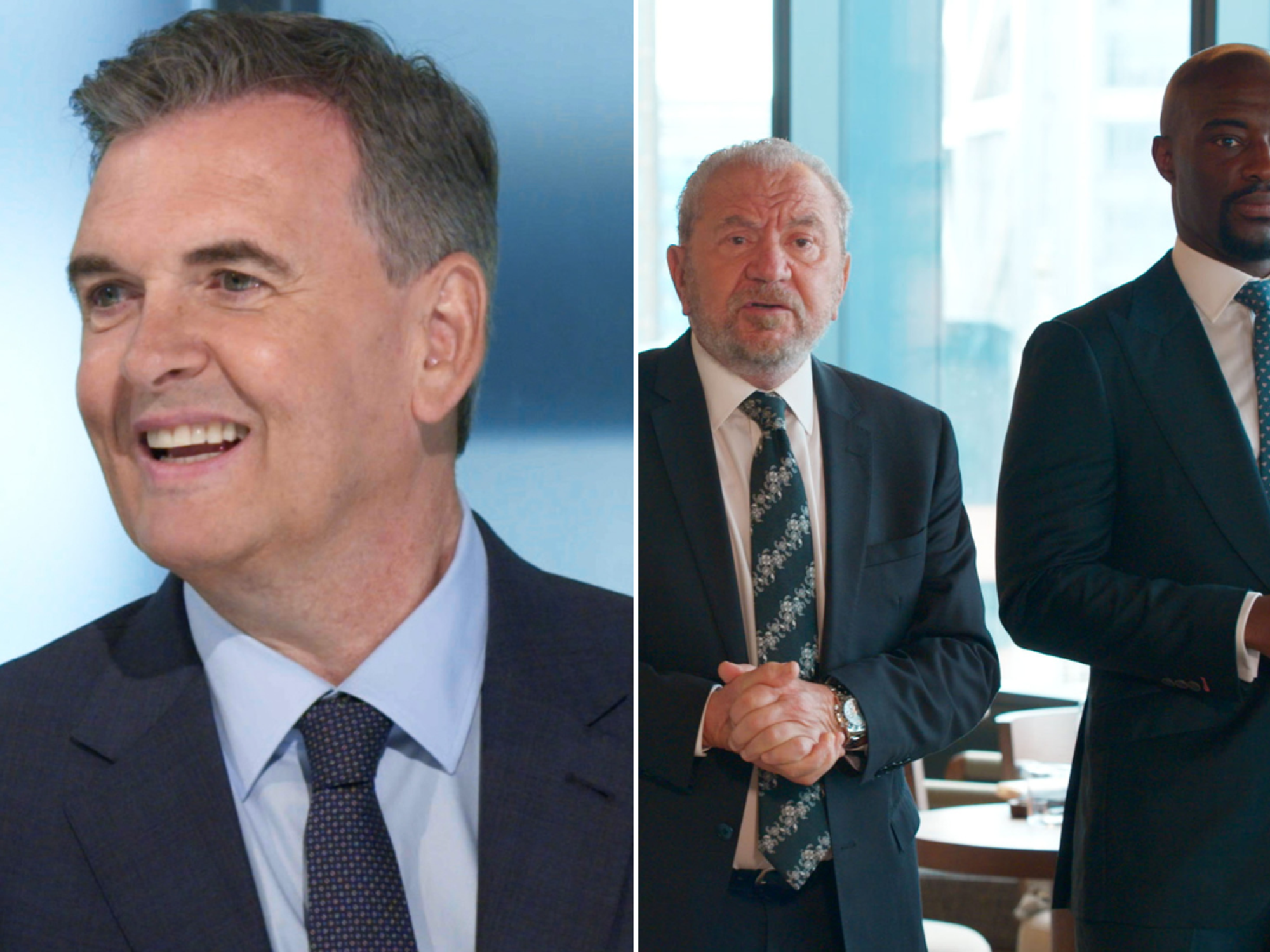'MPs should be taking responsibility and accountability - not offloading to undemocratic Quangos,' says Sally-Ann Hart

'Governments create quangos to delegate responsibility as a way to exert more direct political control over certain issues,' says Sally-Ann Hart
|PA

Former Conservative MP Sally-Ann Hart says the Labour government are 'handing power to unelected, arm's length bodies'
Don't Miss
Most Read
Democracy, as we know it in the UK, is ‘rule by the people’; a system of government in which the people vote for their elected representative in Parliament.
When casting our vote at the ballot box, we expect the Members of Parliament we elect to take responsibility and be accountable to us for the decisions, rules and regulations they make on our behalf.
I’ll bet few people realised when they put their cross next to a Labour candidate’s name in this ‘change’ election, that they would be voting for a Change Labour Government poised to replicate and embed the mistakes of the last New Labour Government, by handing over even more power to unelected, arm’s length bodies.
Quangos (quasi-autonomous non-government organisations), funded by the taxpayer but not directly controlled by the government, include well-known bodies such as the Environment Agency, Natural England, Ofwat, Ofsted, Ofcom, and the BBC.
Lesser-known examples include regional transport partnerships, the Valuation Office Organisation, and the Marine Management Organisation.
Quangos are staffed by a combination of appointments by ministers and regulated processes overseen by the Commissioner for Public Appointments, aimed at ensuring that appointments are made on the basis of merit without undue political influence, but with Ministers able to ignore recommendations made. Clearly, political influence is rife.
Governments have often created quangos to delegate responsibilities as a way to exert more direct political control over certain issues.
These ‘independent’ taxpayer-funded bodies take over responsibility, bypassing civil service constraints of neutrality, for work that should be done by government departments.
The New Labour Government strategically packed quangos with its own supporters as soon as it got into power in 1997.
This trend grew year on year with the number of Labour activists three to four times the number of Conservatives, disrupting Conservative policy implementation for years during the following administrations, effectively creating a continuing ‘Blair State’ within successive Conservative governments.
When the Conservatives came to power in 2010 in coalition with the Lib Dems, they began dismantling these bodies - the ‘bonfire of the quangos.' This effort reduced quangos by a third between 2010 and 2015, saving around £3billion annually.
Numbers fell again by around a third between 2016 to 2019. Post 2019, Sir Jacob Rees-Mogg proposed a further significant reduction in the number of quangos, costing £220billion every year, with a programme aimed at streamlining public administration and cutting costs.
The Conservatives should have gone much further, sooner and faster to get rid of the left-wing bias disrupting delivery of Conservative policy.
Our civil service used to be the envy of the world, but the proliferation of quangos has undermined it, has led to the erosion of expertise and can be directly linked to the politicisation of public administration.
This politicisation has, in turn, not only eroded public trust in government itself, but also MPs’ trust in the civil service; all of which is crucial for the effective functioning of our democracy.
LATEST OPINION:
The issue with quangos extends beyond their cost and the impact on the civil service; it fundamentally concerns democracy and accountability.
Just as I voted for Brexit because I wanted my elected Parliament to take responsibility for the laws imposed on our country and not blame impotency on imposed EU regulations, I also want my MP to take responsibility and be accountable to me, not offloading responsibility to a quango.
Quangos face less scrutiny by MPs, undermining our democratic checks and balances.
“Remember, democracy never lasts long. It soon wastes, exhausts, and murders itself. There never was a democracy yet that did not commit suicide”. Sadly, John Adams’ words ring true under Change Labour.










